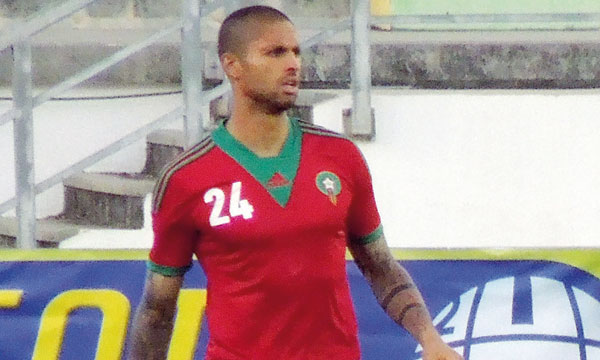This is a very insightful overview of African football’s status heading into the 2014 World Cup! Here’s a summary highlighting the key points you touched on:
African Football at the 2014 World Cup — Key Takeaways:
-
Five African teams qualified: Ivory Coast, Ghana, Nigeria, Algeria, Cameroon.
-
Growing respect & competitiveness: African teams are no longer just participants; they are serious contenders with strong squads, professional structures, and ambitious goals.
-
Elite African players: Stars like Didier Drogba (Ivory Coast) and Samuel Eto’o (Cameroon) continue to shine, often playing for top European clubs.
-
Improved professionalism: More structured federations and professional leagues help African teams prepare better than ever before.
-
Strong collective units: Teams like Ghana, known for their unity and resilience, can surprise bigger footballing nations.
-
Challenges remain: Cameroon still struggles with internal issues (bonuses, player relationships), which can undermine their potential.
-
Competitive groups:
-
Ivory Coast faces a diverse group (Colombia, Greece, Japan) and are favorites there.
-
Nigeria battles against Argentina, Iran, Bosnia-Herzegovina but are mentally tough and able to cause upsets.
-
Algeria has a decent chance against Belgium, Russia, and South Korea.
-
Ghana in a tough group with Germany, Portugal, and the USA, but can be dangerous as a unit.
-
Additional Context:
-
The increased attention on African teams is evident in the sports betting world, with promotions encouraging betting on African nations, reflecting their growing stature.
-
This World Cup is an opportunity for African teams to raise their flag high and solidify their reputation on the global stage.
-
While challenges remain for some teams, the overall trend is clear: African football is on the rise.












